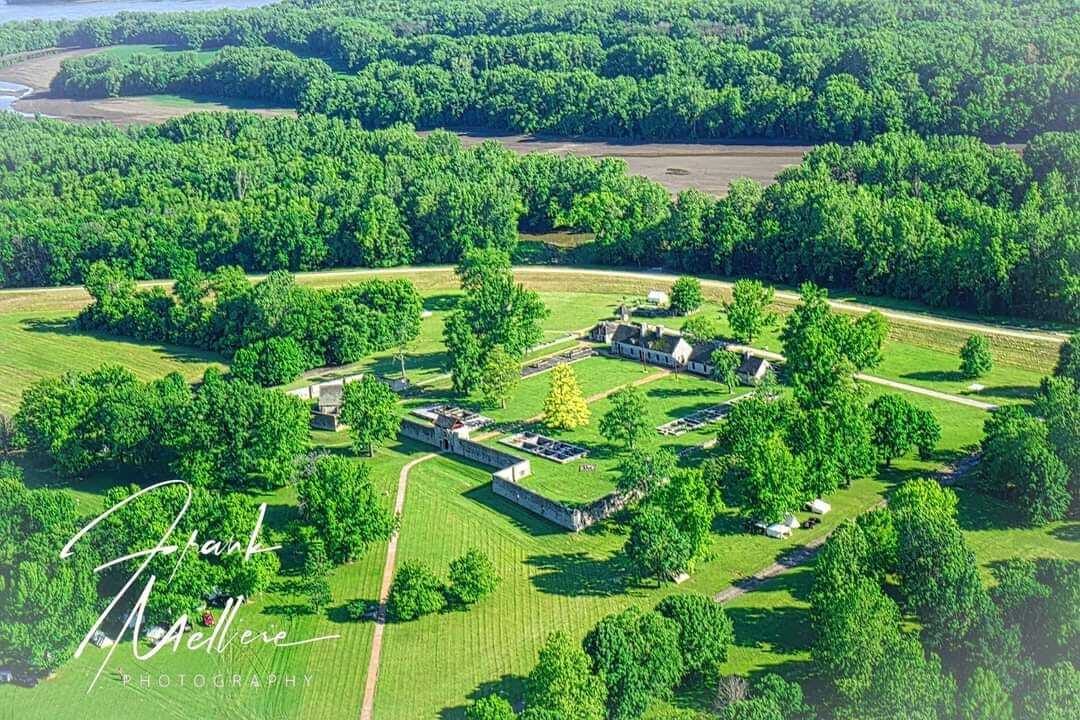The Heart of the Illinois Country Heritage Project
 As part of our mission to celebrate the physical and cultural heritage of Fort de Chartres and the surrounding community, Les Amis du Fort de Chartres developed The Heart of the Illinois Country Heritage Project.
As part of our mission to celebrate the physical and cultural heritage of Fort de Chartres and the surrounding community, Les Amis du Fort de Chartres developed The Heart of the Illinois Country Heritage Project.
The Heart of the Illinois Country Heritage Project stimulates new economic development and promotes the region’s history through education and business opportunities.
The Heart of the Illinois Country Heritage Project was developed by Les Amis du Fort de Chartres and is supported by surrounding community organizations such as the village of Prairie du Rocher, the Prairie du Rocher Chamber of Commerce, Randolph County Commissioners, Monroe County Commissioners, the City of Waterloo, and The Kaskaskia Cahokia Trail Coalition.
Instrumental programs of the Heritage Project include The Heart of Illinois Country Heritage Shop and Education Center, the Heritage Wheat Revival Project, and the publication of historical books.
All of these elements focus on our region’s French Colonial heritage and have the ability to create economic change, boost tourism development, and make a difference in both the local community and the region as a whole.
The implementation of our project offers additional educational and economic opportunities to capitalize on the annual 45,000-50,000 visitors already in the area visiting Fort de Chartres State Historic Site or attending the Fort’s annual special events.





Hands-On Learning and Publications
The Heart of the Illinois Country Heritage Project also has other education/community elements including a new graphic line-art Fort history publication geared to young adults with appeal to readers of all ages, French Colonial Fort de Chartres, a Journey in Time.
The Les Amis 2018 educational line-art publication project, French Colonial Fort de Chartres, a Journey in Time, depicts “Forgotten Illinois” pre-statehood years of 1755-1756, in and around Fort de Chartres.
A Journey in Time is a 36-40-page line-art one color publication, created by award-winning artist Tom Willcockson and published by Les Amis du Fort de Chartres, with “Forgotten Illinois” grant support from the Illinois Humanities Council.
Tom is the artist of the current interactive pamphlet available at the Fort and among his many career accomplishments, his art is featured in two other publications, Twelve Moons: A Year with the Sauk and Meskwaki, 1817-1818 and Passage to Chicago: A Journey on the Illinois & Michigan Canal in the Year 1860.
In addition to the book publication, the Heritage Project has several other programs in the works, including the Heritage Wheat Project and a new Historic Prairie Education Plot.


